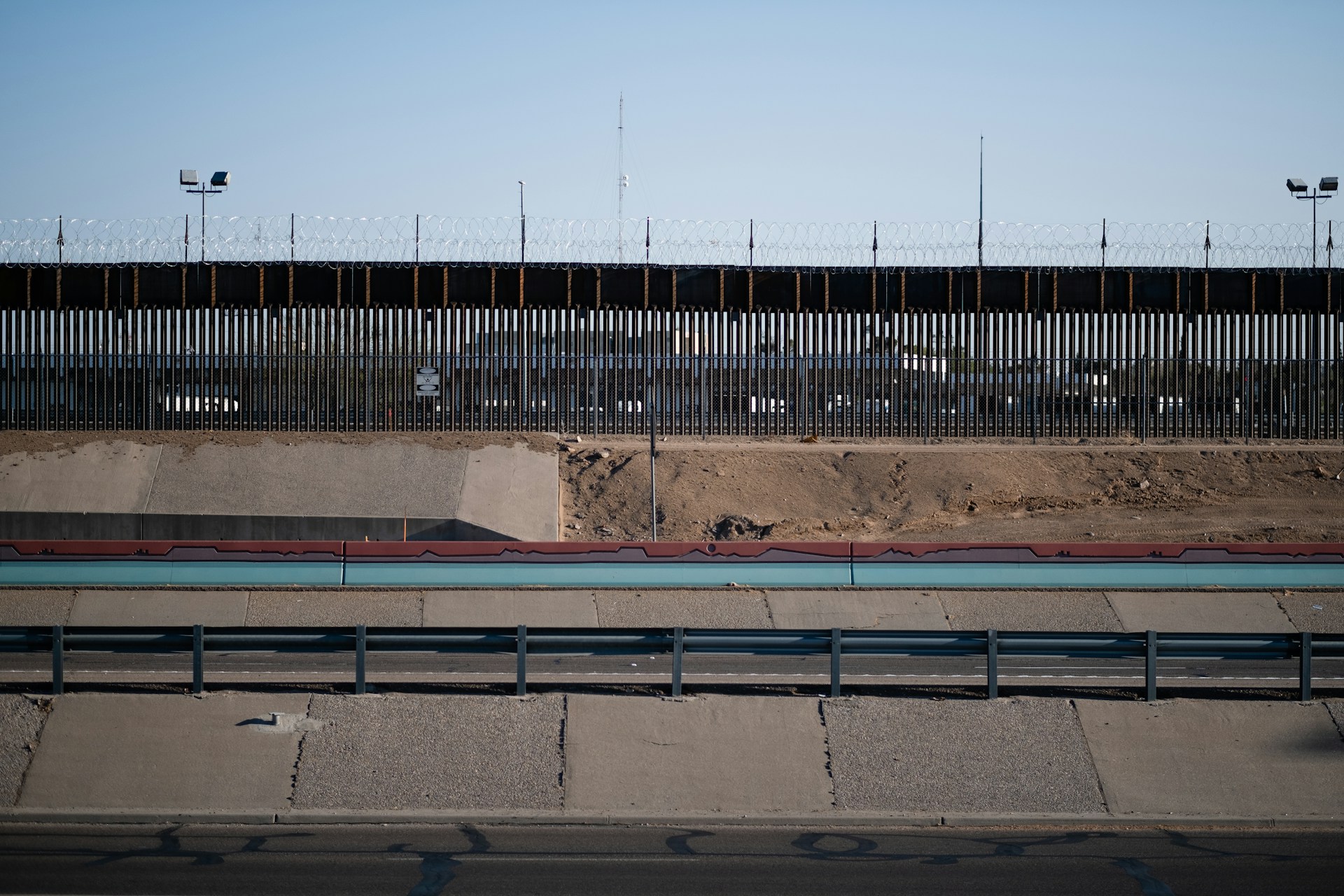Washington, DC – The House of Representatives is scheduled to vote on an appropriations bill today that is riddled with unnecessary provisions. In some cases, Congress has asked for millions of dollars above what the President has requested for the coming fiscal year.
The House Committee on Appropriations has already passed the bill. Taxpayers for Common Sense, an independent watchdog against government waste, is calling for a reduction in spending, and in some cases, the termination of projects in this bill.
Here are some of the provisions that waste taxpayer money in the Agriculture, Rural Development, Food and Drug Administration, and Related Agencies Appropriations Bill, for FY2000:
Boll Weevil Eradication Program – ($16.2 million) – A colossal effort to remove a specific ant from farms in the South. The Boll Weevil is from South America and appeared in
Rural Electrification – ($1.5 billion) – The program created in 1935 to provide electricity to rural
Wildlife Services – ($29.9 million) – The USDA’s Wildlife Services (WS) program, formerly known as Animal Damage Control, spends more than $10 million in direct federal appropriations annually to control predators for a few thousand ranchers in 17 western states. This expensive subsidy to the western livestock industry continues despite the fact that is has been proven ineffective.
Peanut Price Supports – Taxpayers and consumers shell out an estimated $500 million each year as a result of the quotas, price supports, and import restrictions imposed by this Depression-era relic. These policies distort the market and inflate peanut prices. While the 1996 Farm Bill finally ended direct taxpayer outlays for the program, we now pay those costs at the supermarket in higher prices.
Sugar non-recourse loans – Using sugar as collateral, the U.S. Department of Agriculture (USDA) extends loans to sugar processors, not individual farmers. The loans give the government no method of recourse by which to retrieve their money. Processors can simply forfeit their sugar rather than repay the loan. Sugar processors receive more than the market value of their product and when they don’t pay up, their unpaid loans leave federal taxpayers holding the bag.














Get Social